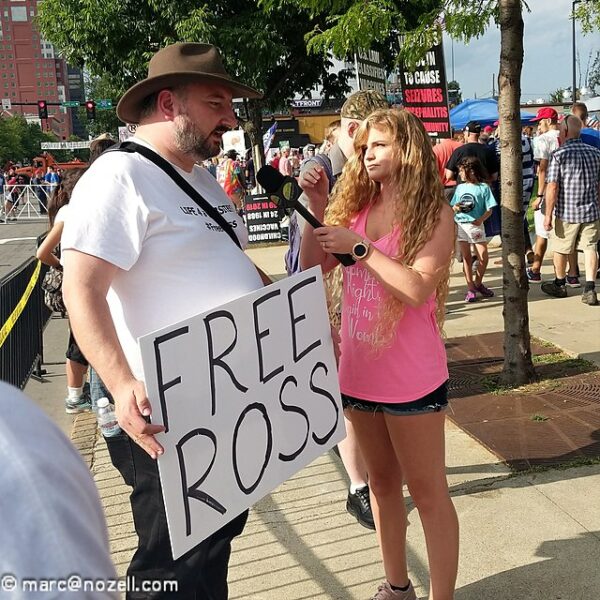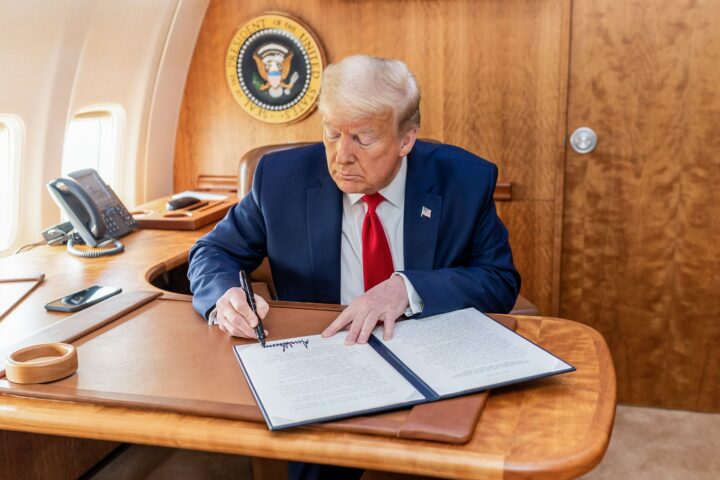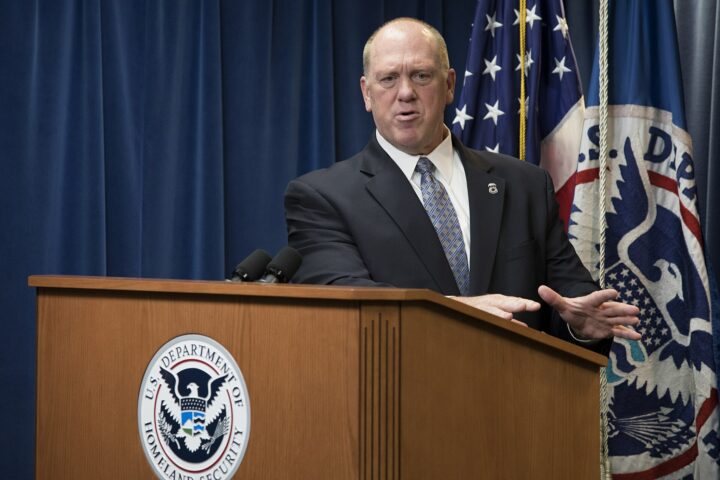Former President Donald Trump granted a presidential pardon to Ross Ulbricht, the founder of the infamous Silk Road online marketplace, on Tuesday. The decision fulfills a campaign promise that resonated with cryptocurrency enthusiasts and libertarian groups, who had long rallied behind Ulbricht’s release.
Ulbricht, 40, was serving a life sentence without parole after being convicted in 2015 for operating Silk Road, a dark web platform that facilitated over $200 million in drug transactions. The case sparked intense debate over the severity of his sentence and its implications for nonviolent offenders in the digital age.
Judge Katherine Forrest made strange comments when she sentenced the tech founder to life without parole, citing his “privilege” as a main reason for her harsh sentence.
“No drug dealer from Harlem or the Bronx would have made these arguments,” she said of Ulbricht. “It’s an argument of privilege.”
Reason writes:
President Donald Trump, fulfilling a promise made at the Libertarian Party’s National Convention in May, pardoned Ross Ulbricht today. Ulbricht had been serving a life sentence for his role in founding and operating the dark web marketplace Silk Road.
As Trump put it in a Truth Social post: “in honor of [his mother Lyn Ulbricht], and the Libertarian Movement, which supported me so strongly, it was my pleasure to have just signed a full and unconditional pardon of her son, Ross.” He said “the scum that worked to convict him were some of the same lunatics who were involved in the modern-day weaponization of government against me.”
Silk Road’s innovative mail order using bitcoin, combined with user reviews of sellers, imposed some real market discipline on dealers, kept buyers from the occasional dangers of physically obtaining drugs, and allowed people not violating others’ lives and property to buy and sell drugs with less (but not zero) legal risk.
Trump’s promise, out of character for a man who otherwise advocates the death penalty for drug dealing, was widely seen as an attempt to appeal to those parts of the larger anti-establishment coalition he put together on his way to his return to the White House.
Supporters of Ulbricht, who often rallied under the slogan “Free Ross,” have argued that his life sentence was disproportionate, given his nonviolent charges and the lack of evidence substantiating the alleged murder plots. Bitcoin Magazine editor Pete Rizzo described Ulbricht as a pioneering entrepreneur of the cryptocurrency era, adding that the pardon symbolizes the crypto community reclaiming its narrative.
The pardon was anticipated following Trump’s recent clemency for individuals charged in connection with the January 6 Capitol riot. Tech mogul Elon Musk hinted at Ulbricht’s release on Twitter, stating, “Ross will be freed too.”
Ross will be freed too
— Elon Musk (@elonmusk) January 21, 2025
Ulbricht was arrested in 2013 at a San Francisco library after an extensive FBI investigation. At his sentencing, the judge labeled him a “kingpin” of a global drug trafficking network. The life sentence, though upheld on appeal, drew criticism for being unduly harsh.
Trump had publicly endorsed Ulbricht’s cause during his campaign, appearing at libertarian and cryptocurrency events and sharing messages of support on social media. In a statement posted after his pardon, Ulbricht expressed gratitude to Trump voters, saying, “I can finally see the light of freedom at the end of the tunnel.”








